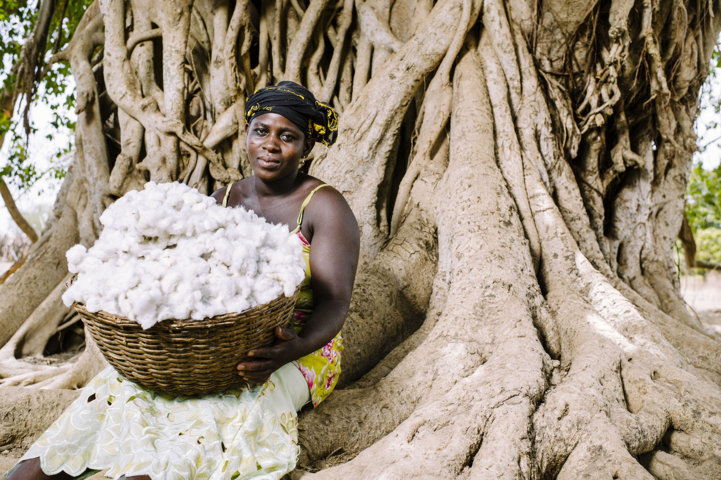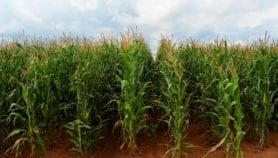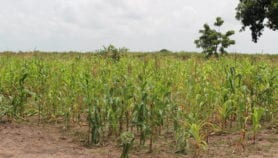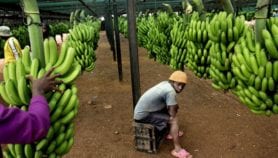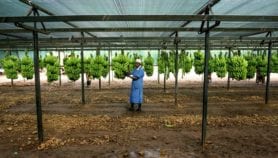By: Sarah Ooko
Send to a friend
The details you provide on this page will not be used to send unsolicited email, and will not be sold to a 3rd party. See privacy policy.
[NAIROBI] Scientists have appealed to the Kenyan government to lift the ban on genetically modified organisms (GMOs), asserting that the ban is impeding the advancement of biotechnology research in the country.
The scientists called for lifting the ban during a forum in Nairobi, Kenya, last month (7 November) organised by the Kenya University Biotechnology Consortium.
“Since the ban took effect, we have seen a reduction in the number of research applications in the biotechnology field and we are worried.”
Dorington Ogoyi, Kenya National Biosafety Authority
“Since the ban took effect, we have seen a reduction in the number of research applications in the biotechnology field and we are worried,” said Dorington Ogoyi, the director of technical services at the Kenya National Biosafety Authority.
Richard Oduor, a senior lecturer in the department of biochemistry and biotechnology at the Kenya-based Kenyatta University, said students studying biotechnology are getting anxious.
“They don’t understand why we are training them on courses that will likely hit a dead end due to the ban,” said Oduor, noting that universities have invested heavily in biotechnology, building state-of-the-art laboratories and training students. “All that will go to waste if the ban is not lifted.”
Wilson Songa, the principal secretary for the Ministry of Industrialization and Enterprise Development in Kenya, asked the government to urgently lift the ban, which was instituted on 8 November 2012, noting that it was also hurting the growth of Kenya’s economy and the agricultural sector.
Songa added that the genetically modified Bt (Bacillus thuringiensis) cotton, which has improved yields and is resistant to deadly cotton pests such as boll worms, could revive the dwindling textile industry in Kenya and consequently create employment opportunities for many jobless people.
“Right now, our industries don’t have enough cotton to gin, so we have to import raw material,” said Mugo Makanga, the director of a cotton ginnery in Kenya. “Farmers here have given up on the crop. They were spending too much money on pesticides and other production costs due to the poor quality of seeds in the country.”
Paloma Fernandes, the executive officer of the Cereal Millers Association of Kenya, said the GMO ban is also affecting food security in the country, adding: “Because of it, we can’t adequately import maize during times of drought or deficit in the country.”
Songa reiterated that the fears people have on GMOs are unfounded. “We are telling Kenyans that they should not worry since we have qualified researchers and a regulatory framework (Kenya National Biosafety Act) in place to protect them,” Songa said.
A group of policymakers who attended the forum expressed their concerns on the reluctance to embrace GMO technology in Kenya.
Daniel Maanzo, a legislator for Makueni constituency in Kenya, said because scientists are divided on the issue, ordinary Kenyans appear more confused. “No one knows the truth. That is why we need to act with caution,” Maanzo said.
This article has been produced by SciDev.Net's Sub-Saharan Africa desk.


